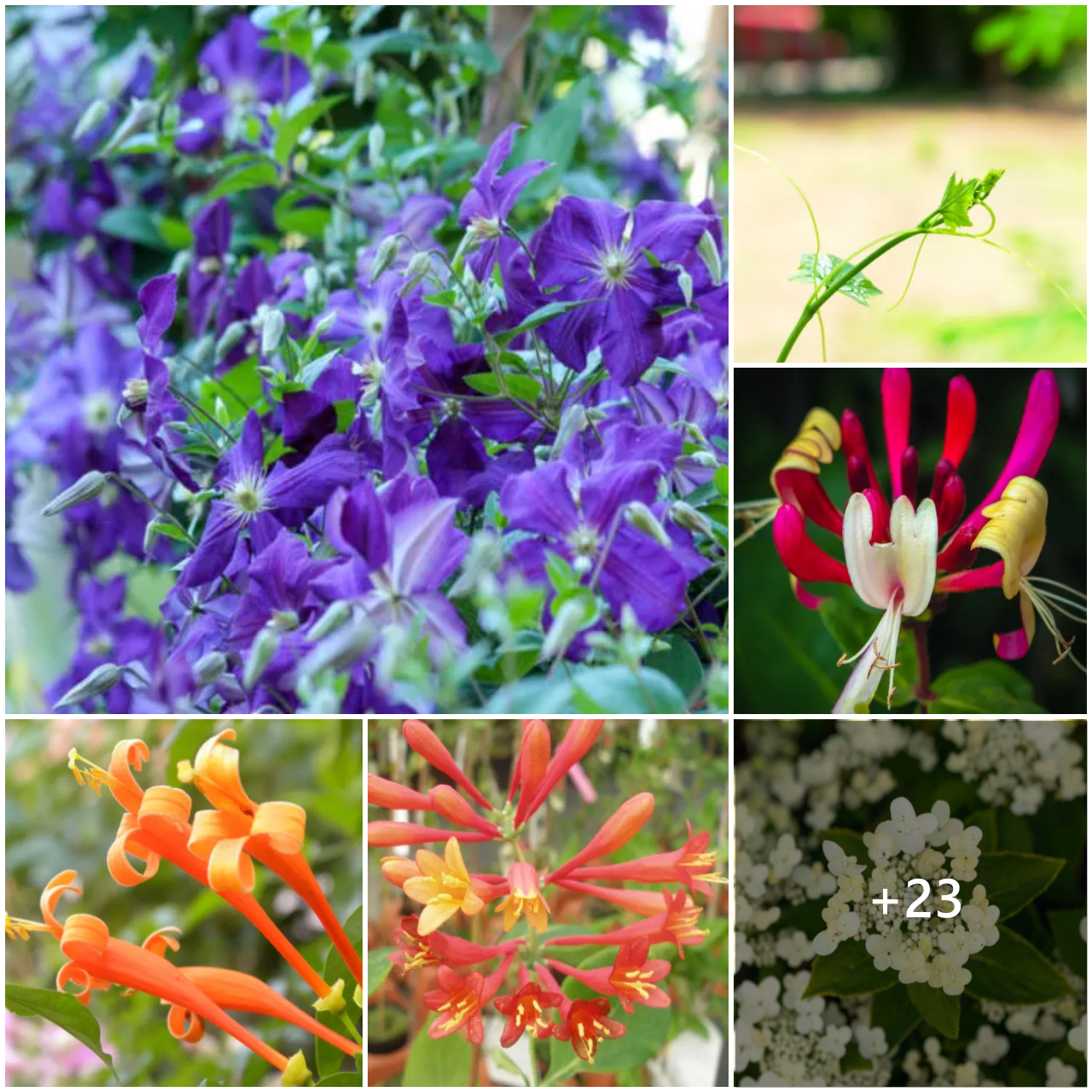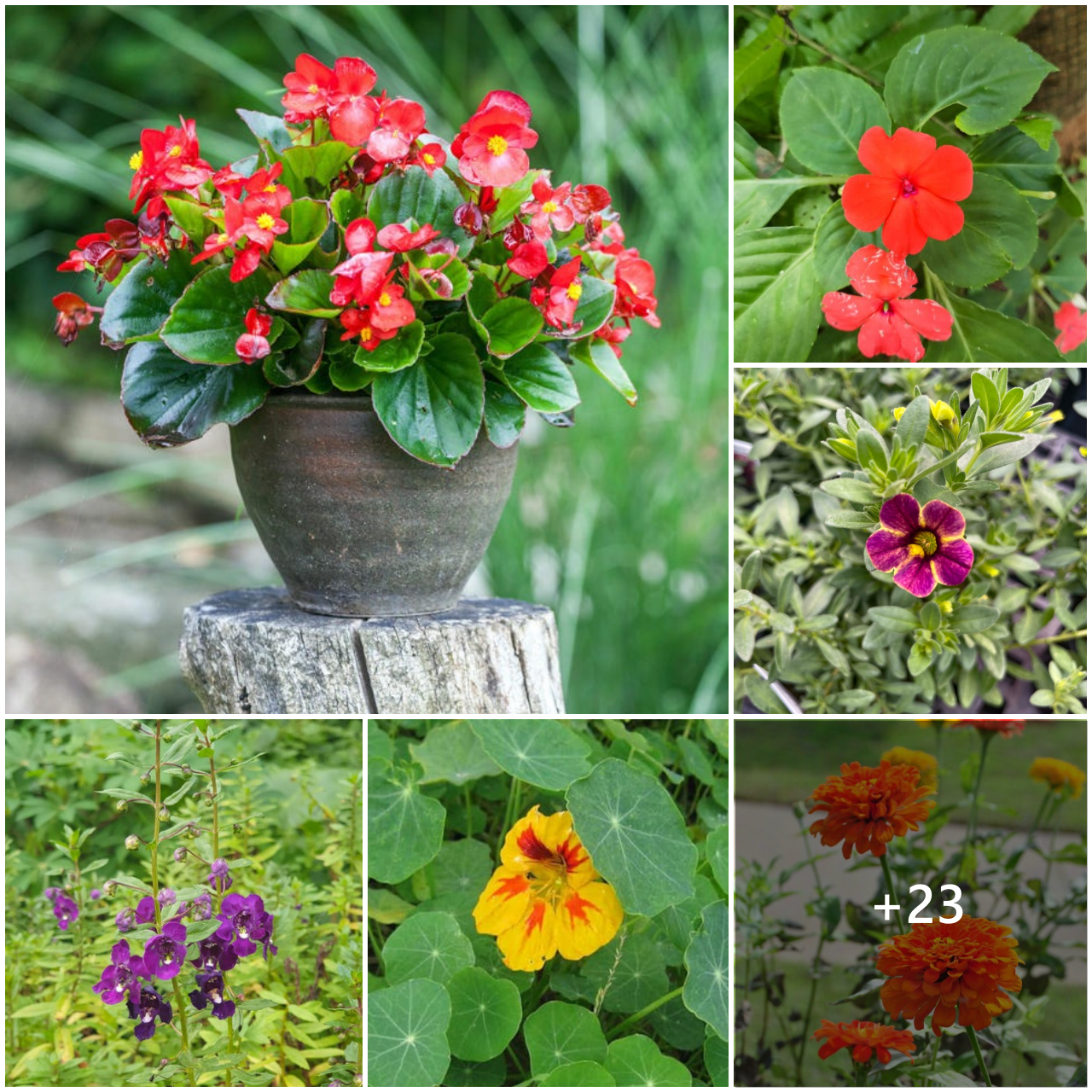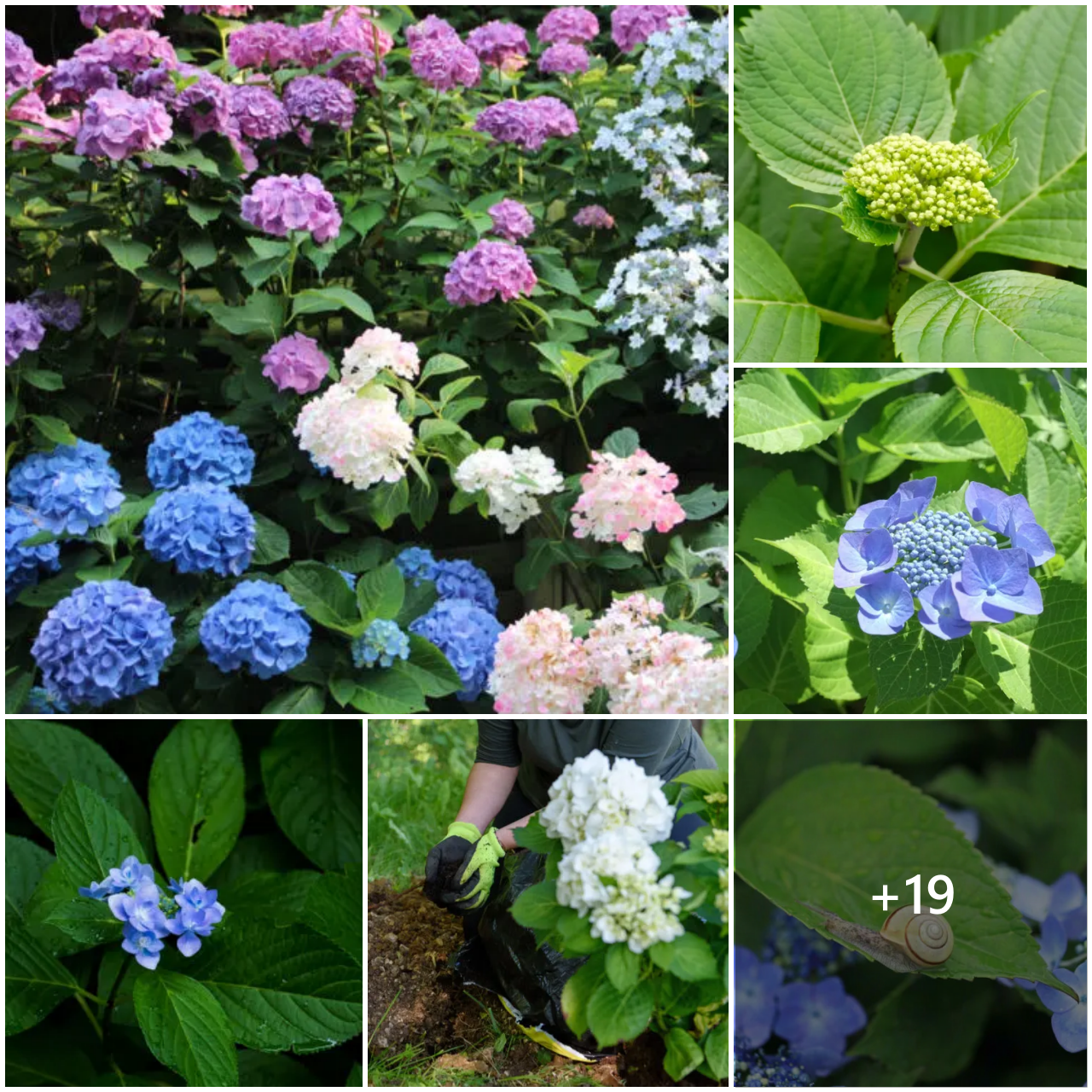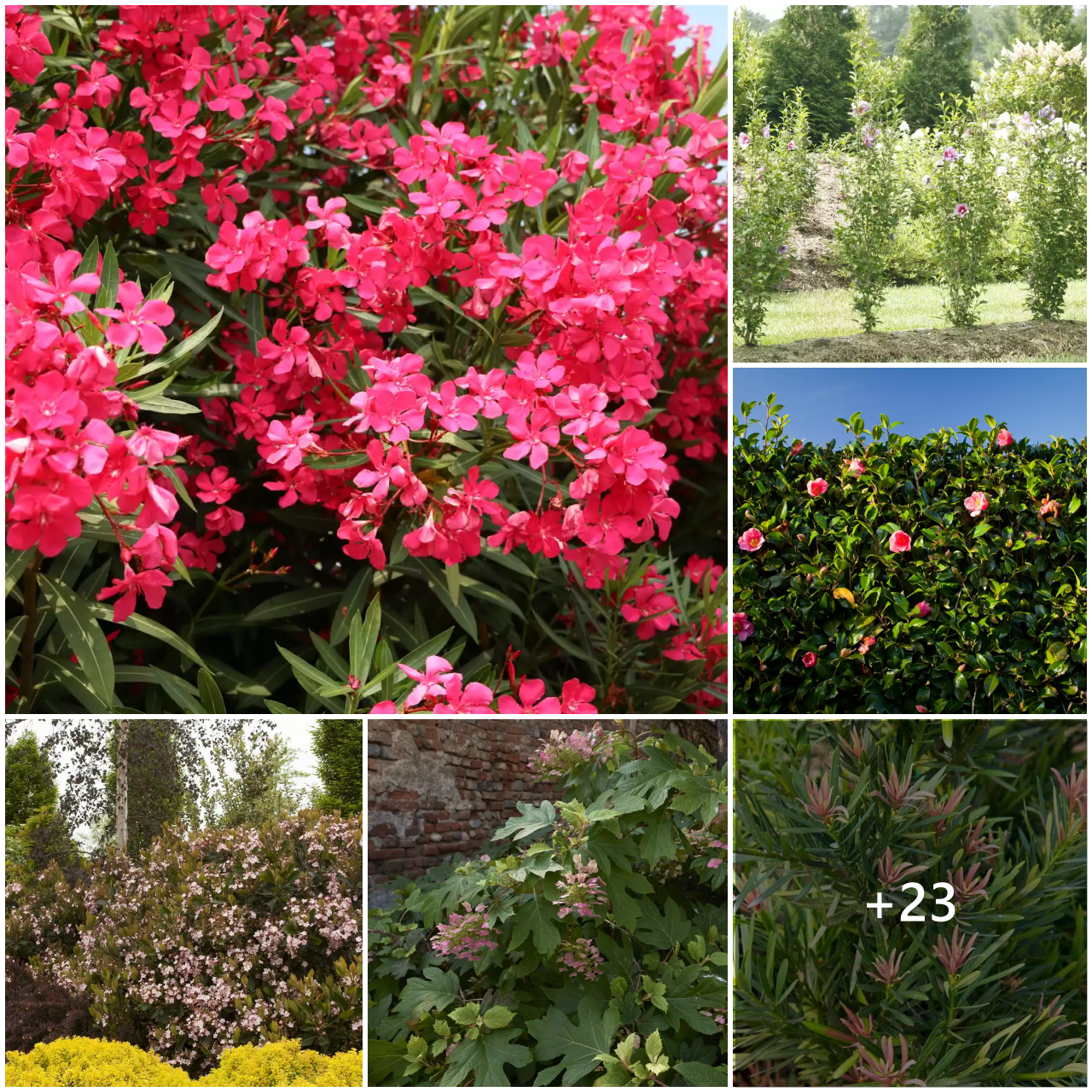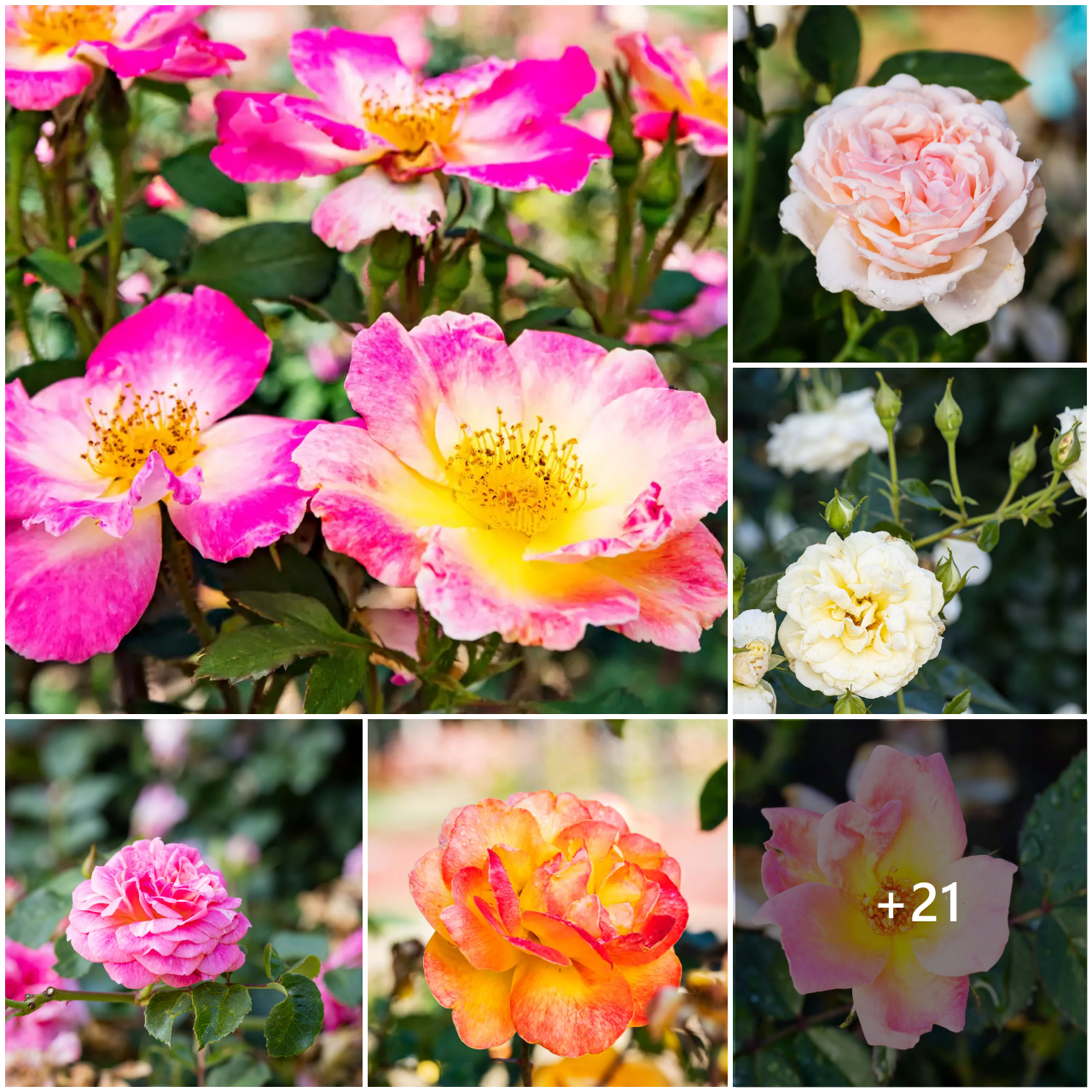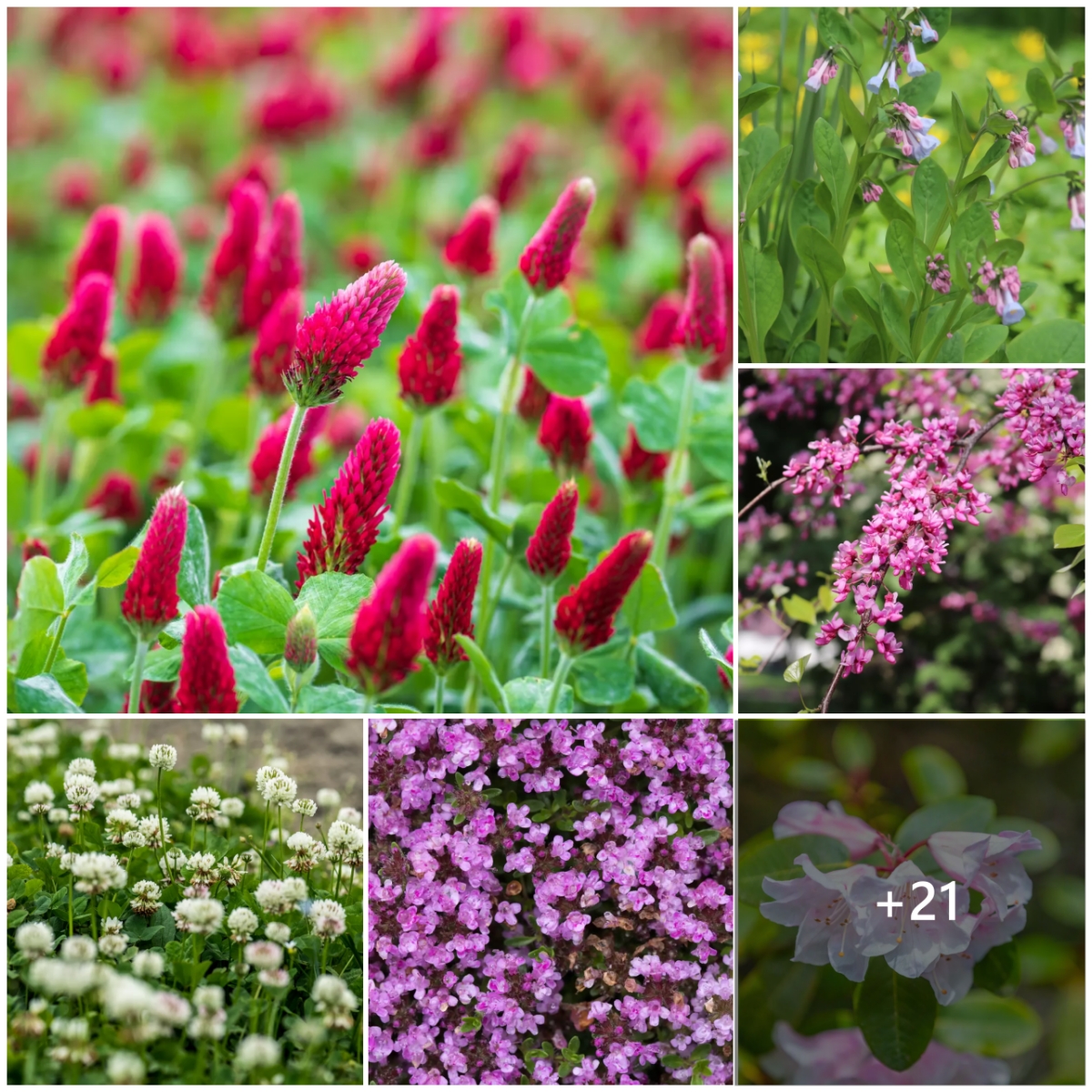These spring blooms are both beautiful and amazingly fragrant.
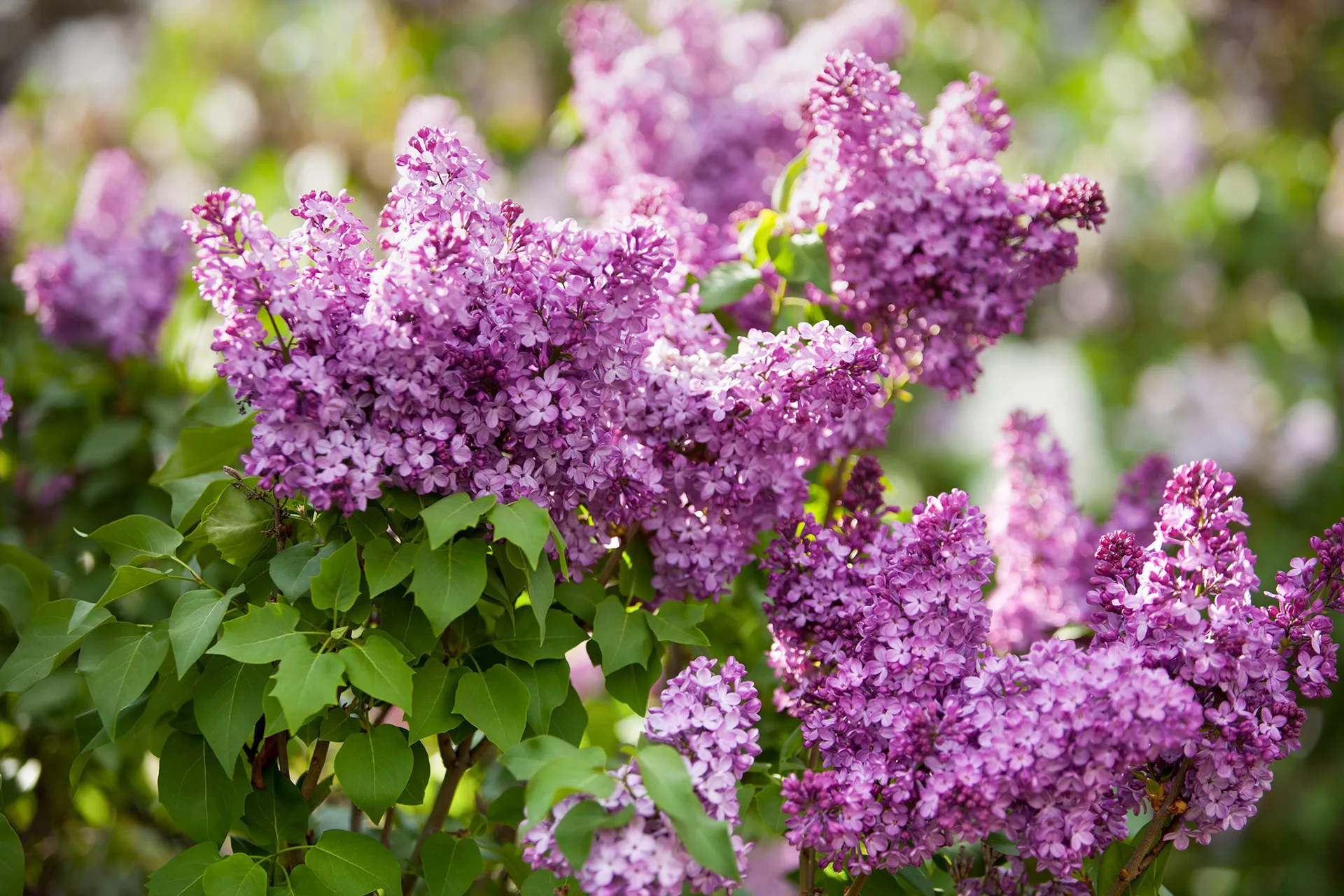
When looking for a lilac (Syringa spp.) to add to your garden, you literally have hundreds of varieties to choose from. To help you narrow down the list, these selections all have eye-catching and fantastically fragrant blooms that will perfume the air in spring.
Angel White
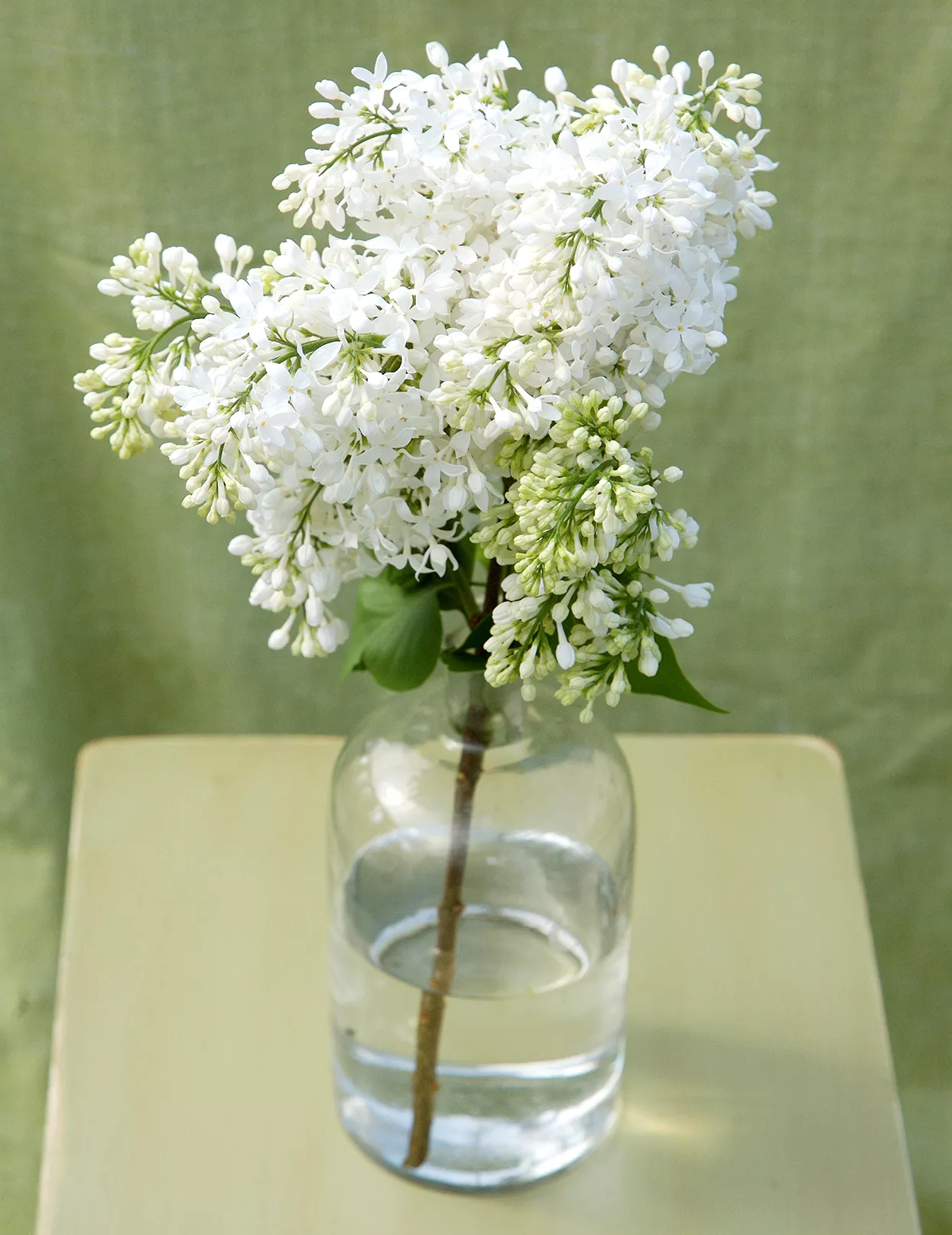
In addition to their powerful scent, the pure white flower clusters of ‘Angel White’ lilac have an almost frothy look. This variety performs well in warm winter areas; not many lilacs bloom in the South, but ‘Angel White’ doesn’t need a winter chilling period as other lilacs do to bloom. With a heavenly scent to match its visual appeal, this variety works well in hedges, screens, or as an accent in your landscape.
Light: Full sun
Water: Plant in moist, well-drained soil
Size: To 12 feet tall and 10 feet wide
Zones: 3-9
Also Look For: This lilac cultivar is sold under the name ‘White Angel’, too.
Beauty of Moscow
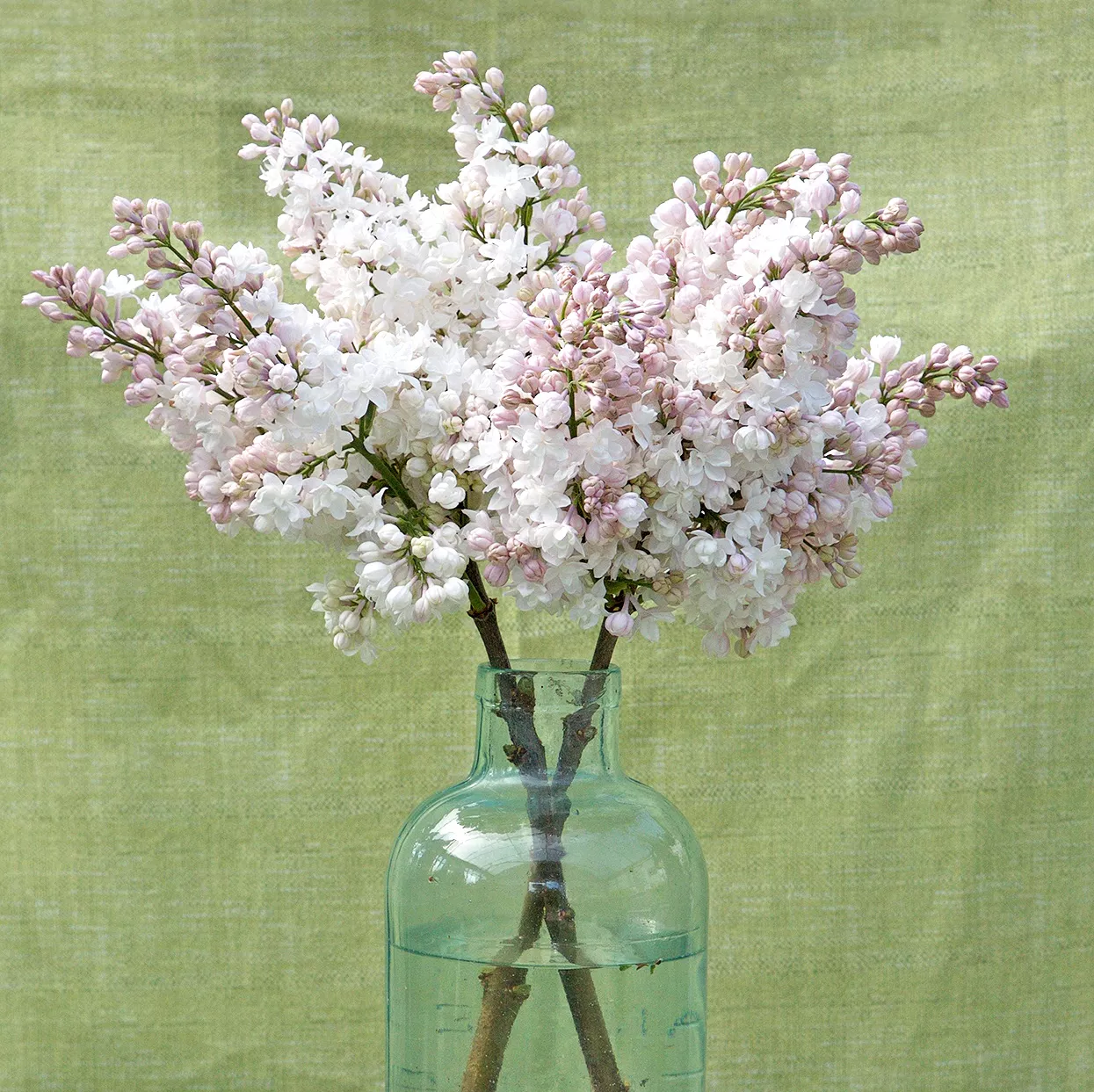
The pink, pearl-like buds of ‘Beauty of Moscow’ lilac (also sold as ‘Krasavitsa Moskvy’) open into gorgeous double white flowers with a strong fragrance. It’s also a big plant that grows almost like a tree, so ‘Beauty of Moscow’ needs to be pruned occasionally to keep it under control.
Light: Full sun
Water: Plant in moist, well-drained soil
Size: To 15 feet tall and 12 feet wide
Zones: 3-7
Congo
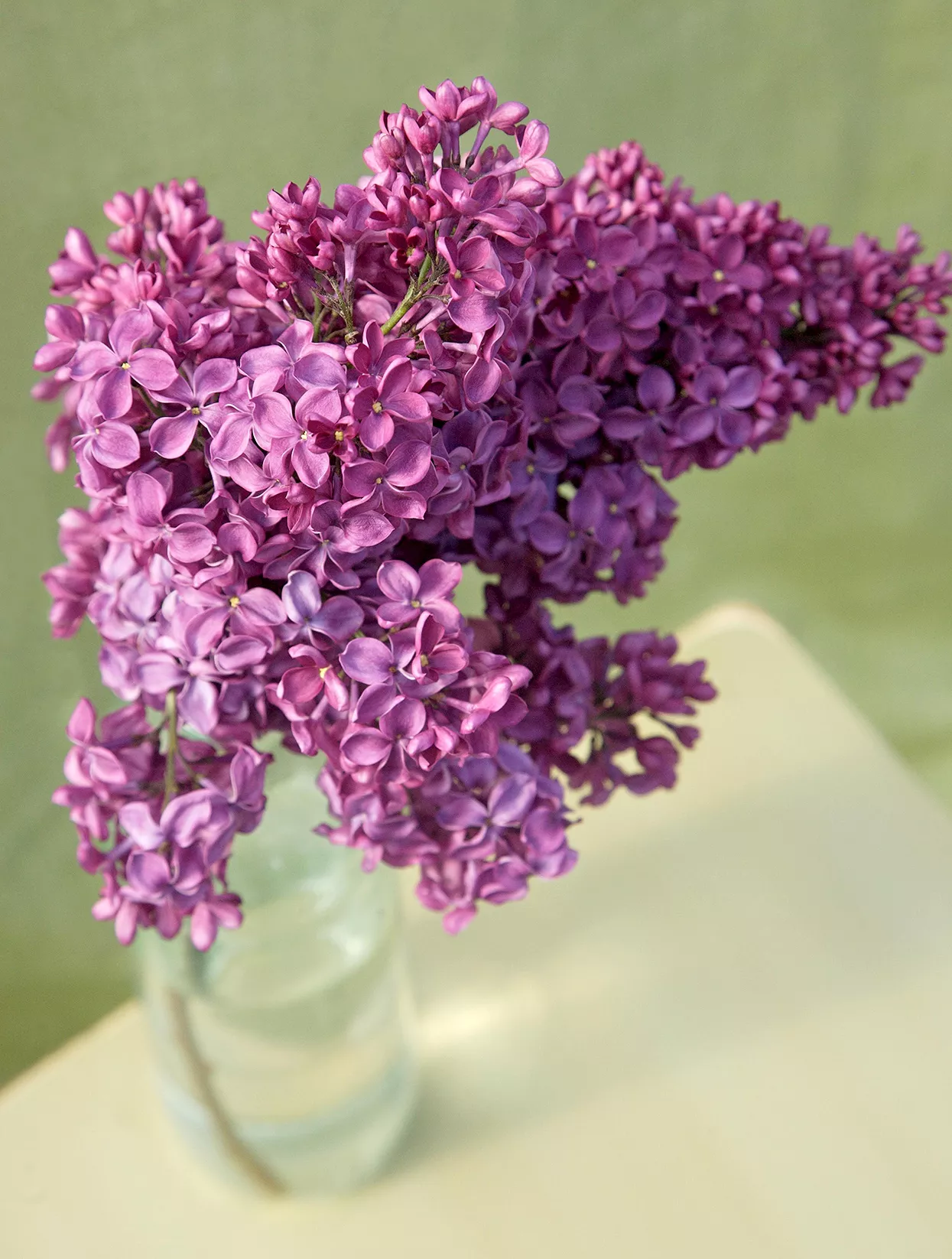
An heirloom variety from the 1890s, ‘Congo’ produces deep wine-red flowers that are as fragrant as they are pretty. Its flower heads start as red and turn purple during late spring. Bees, hummingbirds, and butterflies also love this classic variety, so it’s a must to include in a pollinator garden.
Light: Full sun
Water: Plant in moist, well-drained soil
Size: To 10 feet tall and wide
Zones: 4-7
Also Look For: ‘Znamya Lenina’ (sometimes sold as ‘Banner of Lenin’) and ‘Monge’ are other outstanding choices in this color range.
Lavender Lady
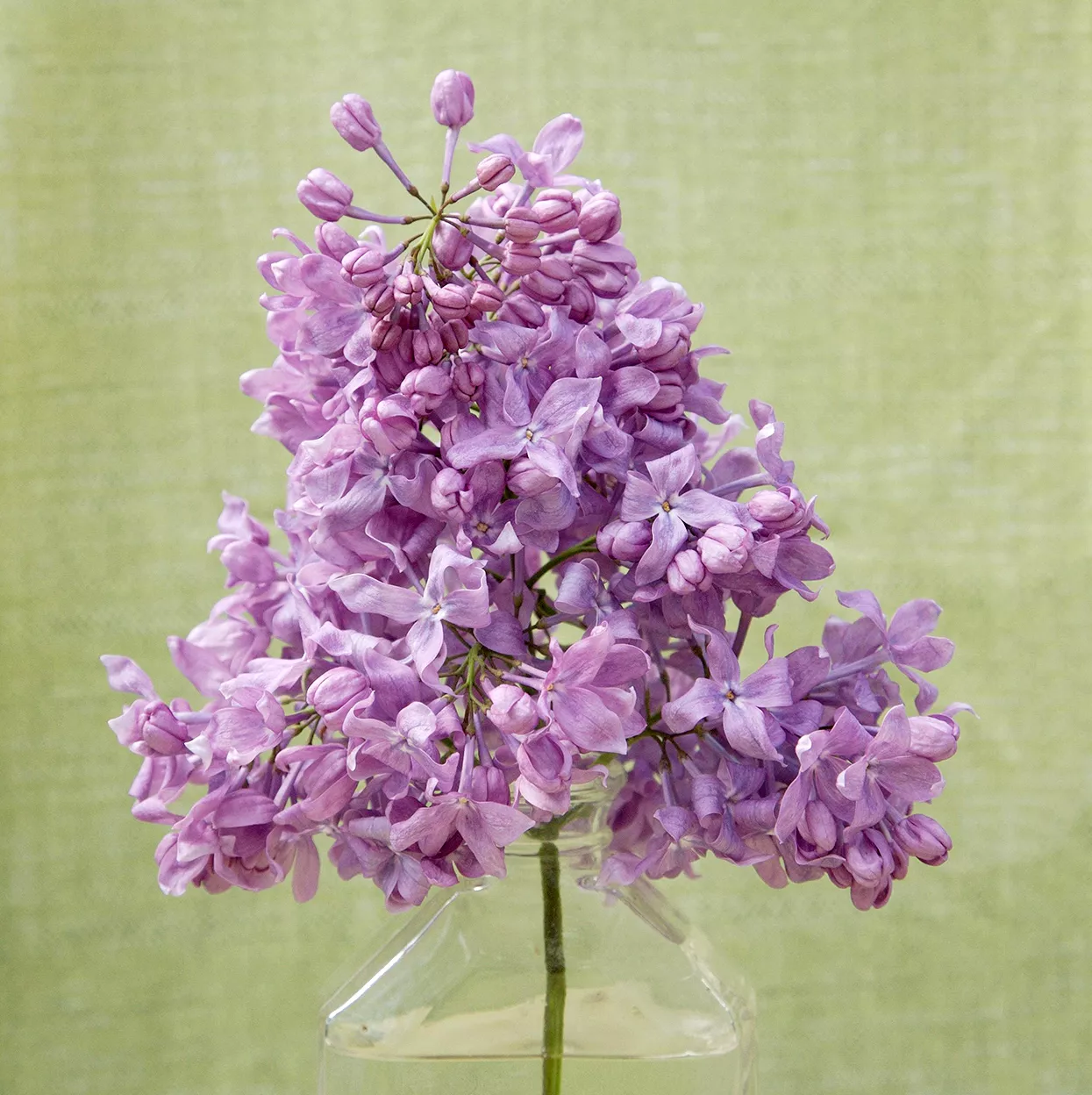
The strongly fragrant flowers of ‘Lavender Lady’ grow in big clusters of a soft shade of purple (as you might expect from its name). It flowers in almost any part of the country, even without a winter chill period. You can fit this variety into a drought-tolerant garden plan because it can survive mild, periodic drought.
Light: Full sun
Water: Plant in moist, well-drained soil
Size: To 12 feet tall and 6 feet wide
Zones: 3-9
Maiden’s Blush
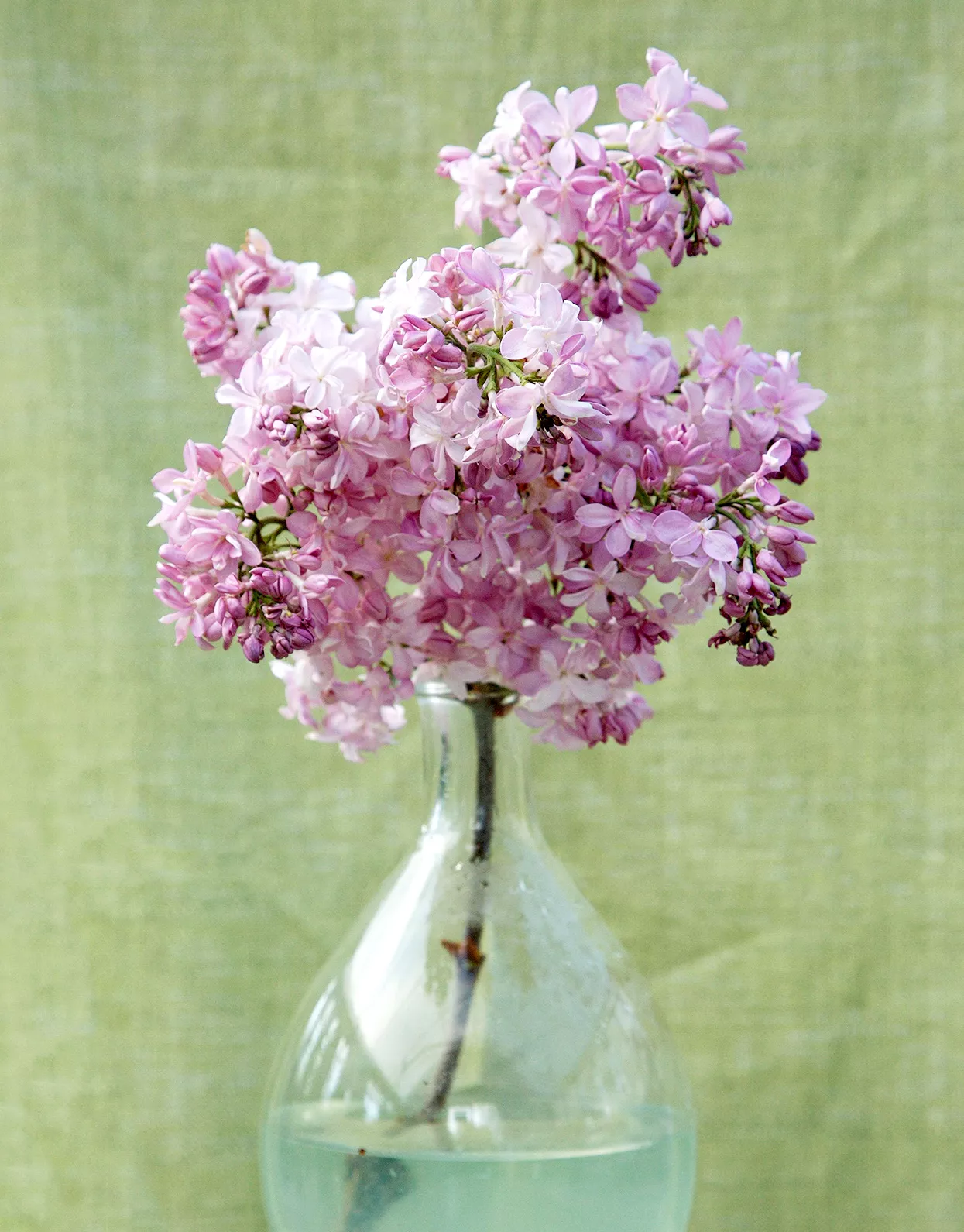
This distinct selection, developed in Canada, is extra hardy and produces big, round flower clusters (almost like a hydrangea) in candy pink. ‘Maiden’s Blush’ has extremely fragrant blooms that have unique cinnamon tones, and usually blooms a week or two before most other common varieties. Remember to only prune it after flowering to avoid removing any of the current season’s flowers.
Light: Full sun
Water: Plant in moist, well-drained soil
Size: To 8 feet tall and wide
Zones: 2-7
Also Look For: ‘Marie Francis’ which is similar, but it blooms in salmon pink.
President Grevy
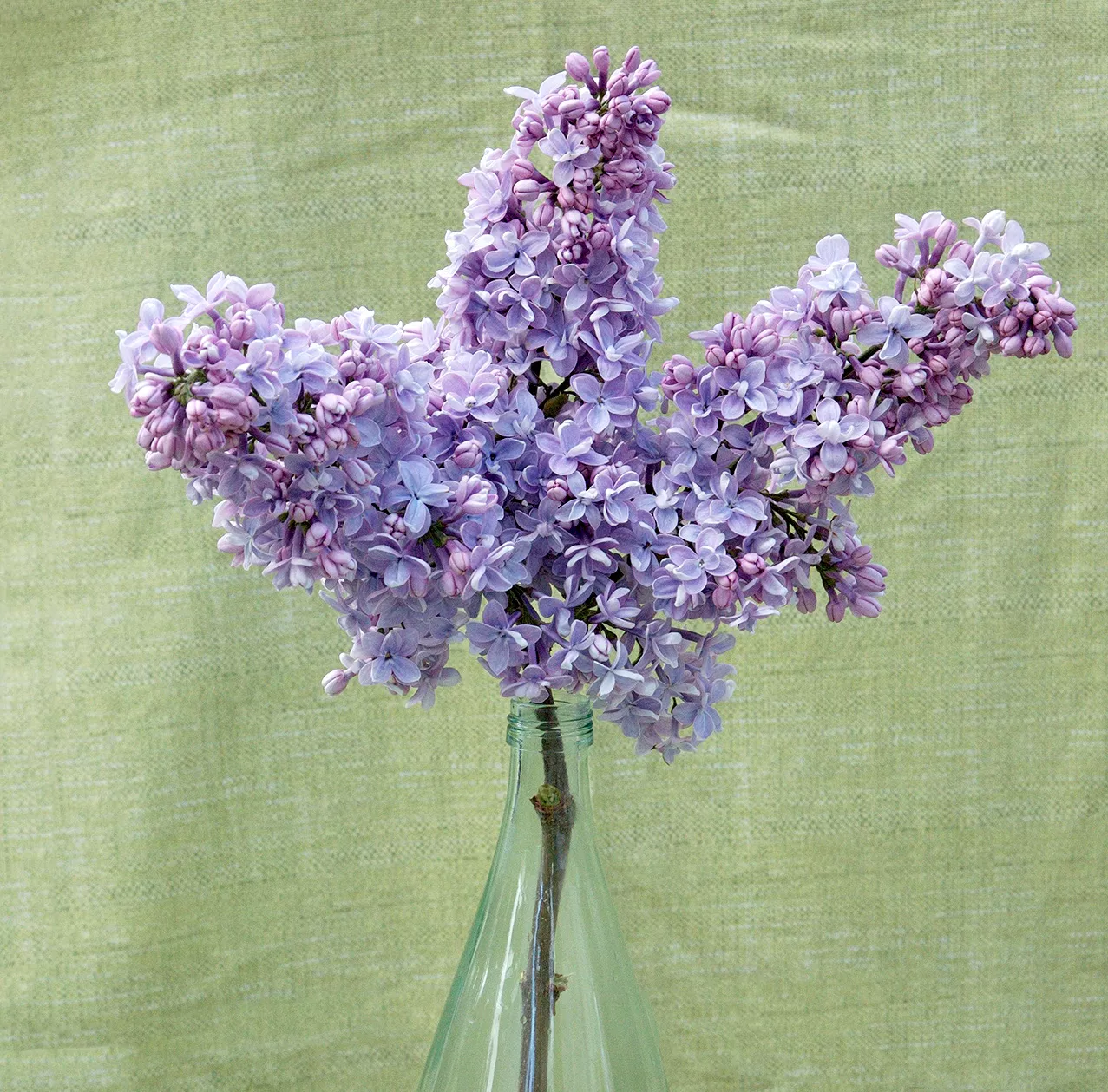
Another classic favorite, ‘President Grevy’ offers double blooms that are light bluish-purple and wonderfully scented. Its heart-shape, green leaves have a slightly bluish tint that makes the foliage look extra attractive even when the blooms have faded.
Light: Full sun
Water: Plant in moist, well-drained soil
Size: To 12 feet tall and 8 feet wide
Zones: 3-7
Also Look For: ‘President Lincoln’, which has a similar color but has single flowers.
President Lincoln
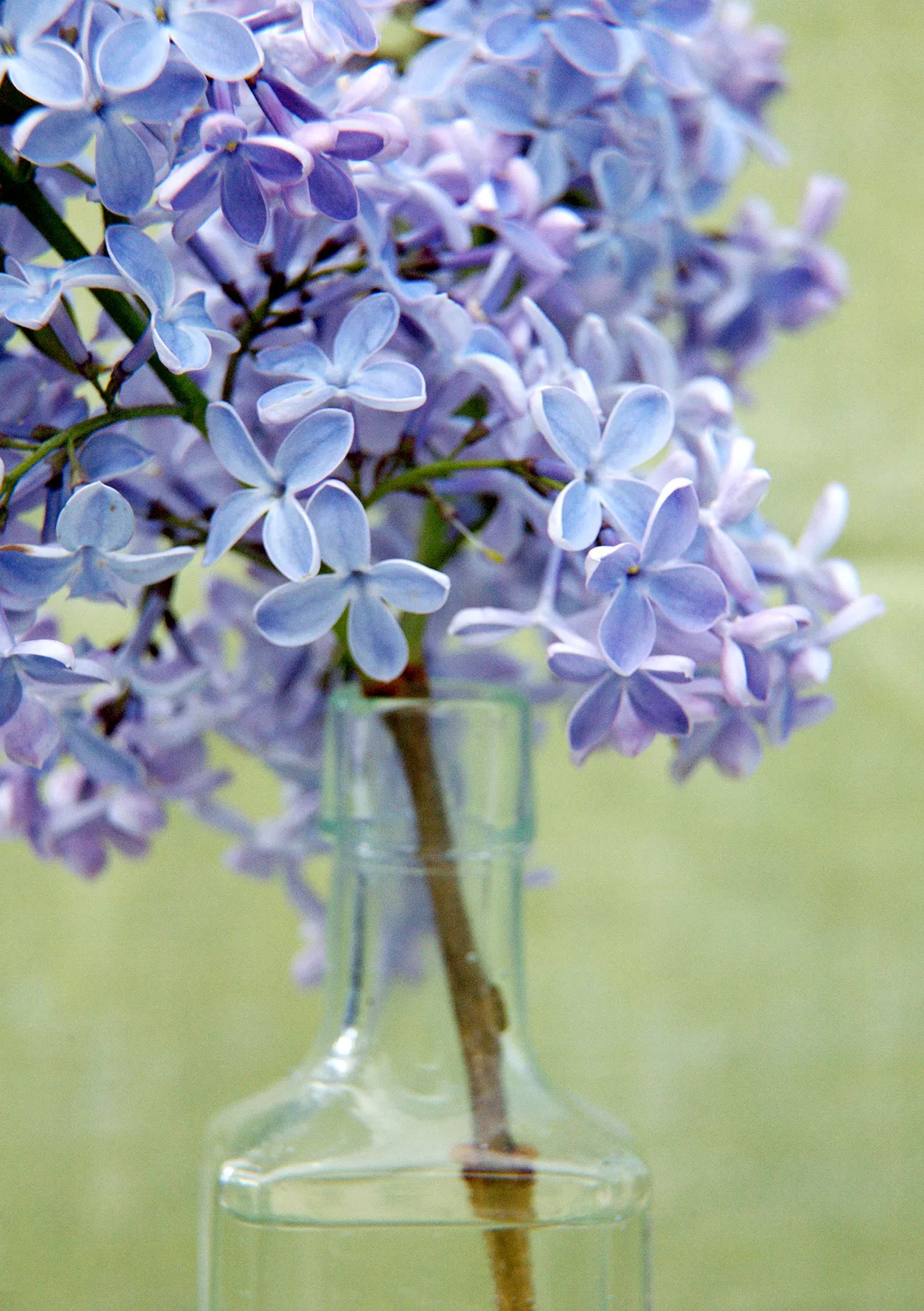
Noted for the blueness of the flowers, ‘President Lincoln’ is a fast grower with huge clusters of fragrant blooms. It has a history of being a popular selection in presidential gardens. Introduced in 1916, this variety is named in honor of Abraham Lincoln.
Light: Full sun
Water: Plant in moist, well-drained soil
Size: To 10 feet tall and 6 feet wide
Zones: 3-7
Also Look For: ‘President Grevy’, which has a similar color but with double flowers.
Primrose
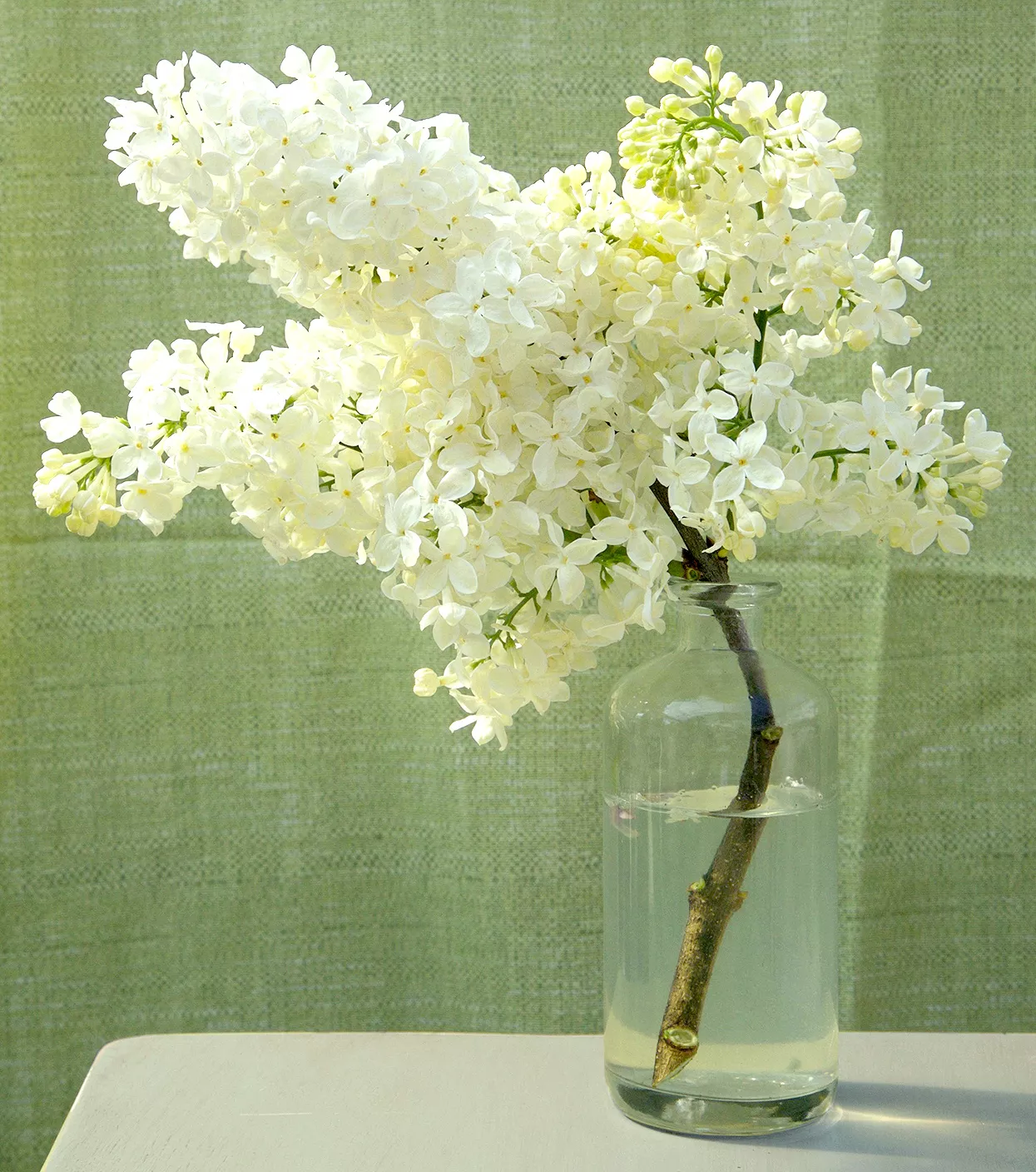
If you’re wanting a lilac that’s, well, not lilac, then give ‘Primrose’ a try. The flowers of this award-winning shrub are a pale, creamy yellow and white color. As the plant ages, the blooms turn a deeper shade of yellow. Its exceptionally fragrant blooms are fantastic in a flower arrangement.
Light: Full sun
Water: Plant in moist, well-drained soil
Size: To 12 feet tall and 8 feet wide
Zones: 3-7
Sensation
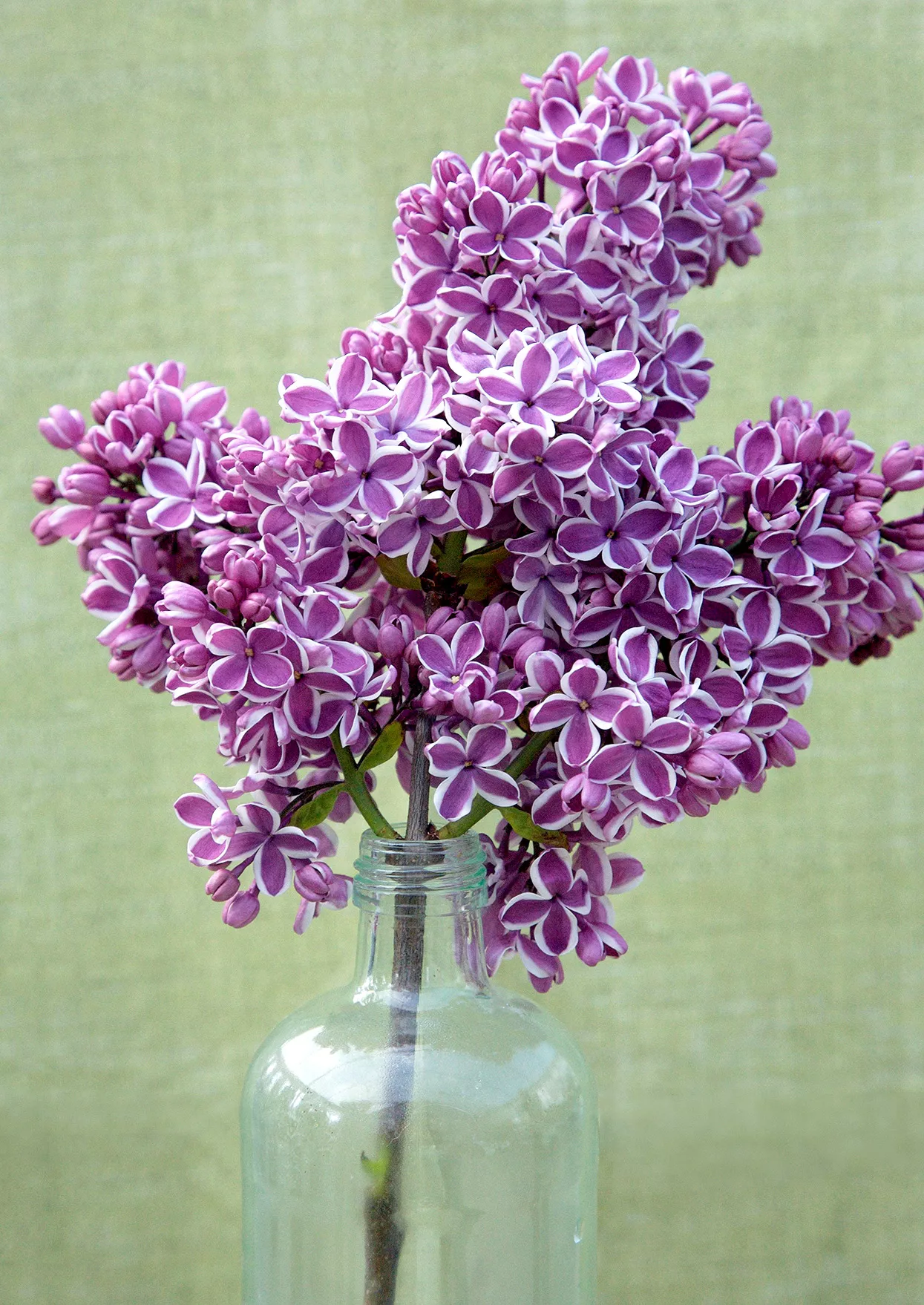
While not quite as fragrant as other lilacs, ‘Sensation’ still does have a pleasant scent, but its bicolored blossoms are its most winning feature. Its purple blooms are distinctly edged in white. Even when not in bloom, this fast-growing flowering shrub will still look vibrant with its lush and dark green heart-shape leaves.
Light: Full sun
Water: Plant in moist, well-drained soil
Size: To 12 feet tall and 8 feet wide
Zones: 3-7
Tinkerbelle
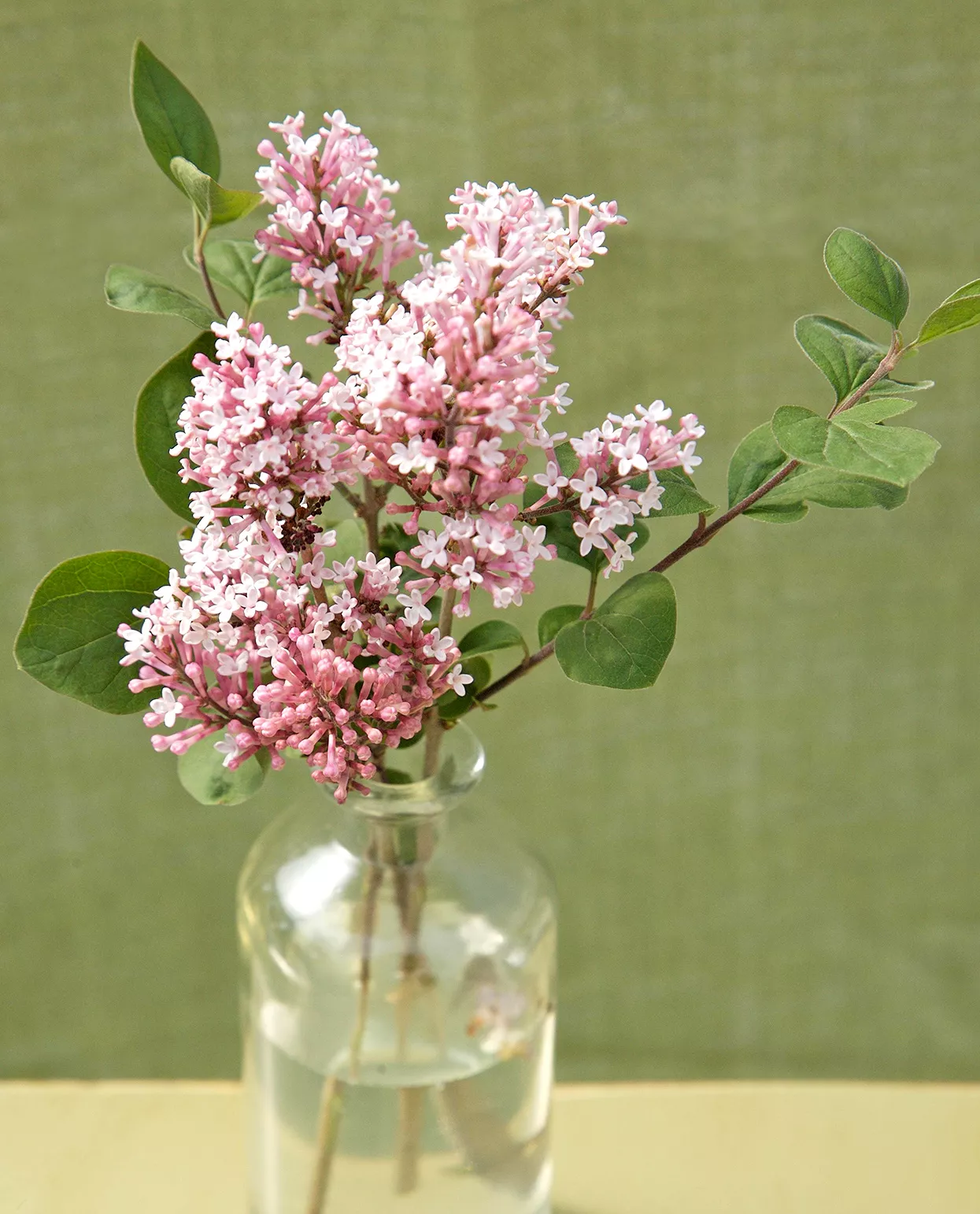
The dwarf lilac ‘Tinkerbelle’ is smaller in size than other varieties, but its flowers are no less abundant. Its compact branching allows it to squeeze into small gardens and even containers. The blooms are an unusually warm pink that stands out against the wine-red buds. This variety has a unique fragrance that’s more spicy than sweet.
Light: Full sun
Water: Plant in moist, well-drained soil
Size: To 6 feet tall and wide
Zones: 3-7
Also Look For: Littleleaf lilac (Syringa pubescens sp. microphylla), which is also a smaller plant.
